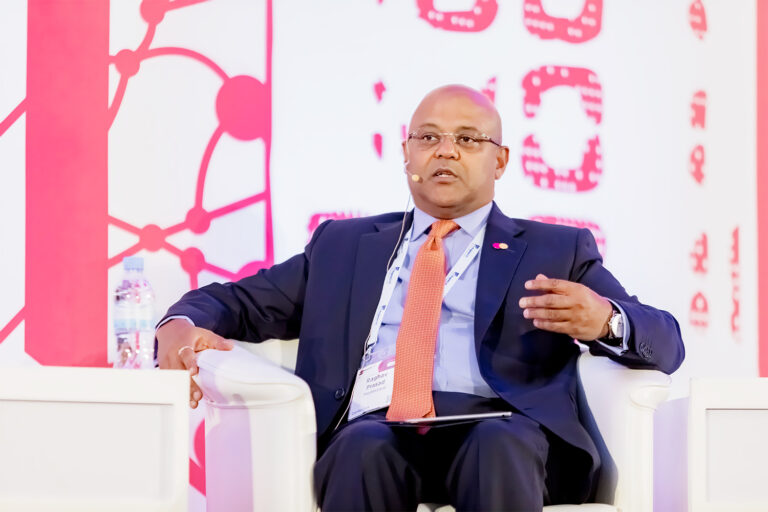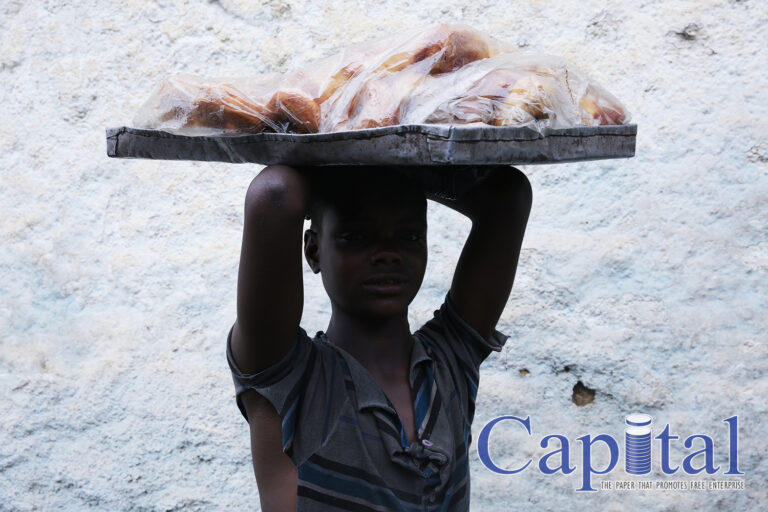By GERT GROBLER
China and Africa are consolidating, promoting and embracing broader prospects for common development
China and Africa share strong, fraternal and comprehensive relations and cooperation that are going from strength to strength. The constructive China-Africa Summit on Solidarity against the novel coronavirus on June 17 reaffirmed the friendship and growing cooperation between China and Africa and the need to advance their friendship in a pragmatic, efficient and results-oriented manner.
The next phase of their cooperation is taking place against the backdrop of the pandemic and a rapidly evolving political and economic international landscape, shifting global balances of power and a great deal of uncertainty and new challenges on multiple fronts, necessitating closer strategic coordination at both bilateral as well as multilateral levels.
Africa is also in the process of realizing its dream by implementing its strategic vision of the African Union’s Agenda 2063, which encapsulates Africa’s future growth and its development path to become an integrated, prosperous and peaceful Africa, driven by its own citizens, representing a dynamic force in the international arena.
This goal is closely linked to eliminating poverty, one of the goals of the UN 2030 Agenda for Sustainable Development. Extreme poverty is declining globally except in Africa. In fact, Africa is likely to miss this primary goal of the Agenda by a huge margin.
The spread of the novel coronavirus has not only put great pressure on the health systems of African countries, but also slowed the commendable political, economic and social progress Africa has made over the past few decades.
Africa now faces disrupted revenues, reduced trade and less foreign investment, and the challenging task of creating jobs for millions of young people at a time when the implementation of the African Continental Free Trade Area, the strategic framework for delivering on Africa’s goal for inclusive and sustainable development, has slowed and the tourism industry is struggling, not to mention the growing challenges from the effects of climate change.
It is critical for Africa to have the ability to make its own decisions and follow its own development path. Africa must ultimately take responsibility for its own destiny. China accepts this because it “listens to Africa’s voice”.
Africa’s major concern is economic recovery in the post-pandemic era and pressing issues such as debt, industrialization, trade and investment. It therefore welcomed President Xi Jinping’s statement during the China-Africa Summit that China took Africa’s debt concerns seriously.
These challenging developments come at a time when Africa cannot depend on the West and many other international partners for support. The West, for instance, is politically divided, facing political uncertainties and domestic issues such as weak leadership and experiencing distracting matters such as the US election, the Brexit saga and others. China is also facing alarming “bullying tactics” and provocations from the United States and others in trade and technology and border and sovereignty issues, representing the rise of right wing and populist politics, which are not only highly regrettable but also dangerous, constituting a serious threat to regional and global peace and stability.
It is against the backdrop of growing cooperation and exchanges between China and Africa, that the latter developed deep respect and admiration for China’s development experience. Africa has witnessed the progress China has made over the past 70 years, based on its “people first” approach, hard work, innovation, reform and opening-up under the leadership of the Communist Party of China. Embarking on a path of socialism with Chinese characteristics, China has created a moderately prosperous society, which is generally regarded as a miracle of development unmatched worldwide.
Africa wants to continue drawing on China’s development experiences in many areas. It appreciates that China stands ready to share its development experiences and there is already active collaboration on “the many lessons that could be learned from China”.
China, as a “friend in need” remains a much better prospect for Africa as regards cooperation given the fragile global political and economic situation, and division and leadership challenges in the West.
China-Africa cooperation will be stepped up in the months to come, with new and exciting opportunities arising for broader bilateral and multilateral cooperation. The Forum on China-Africa Cooperation (FOCAC) and the Belt and Road Initiative are important platforms for Africa and China to accelerate cooperation in the following priority areas.
First, work toward the continued alignment of the AU’s Agenda 2063 with the Belt and Road Initiative and FOCAC action plans, with a stepped-up focus on practical outcomes for sustainable economic growth, industrialization and diversification. Cooperation should be expanded on infrastructure to effect an agricultural revolution on the continent and promote the digital economy in preparation for the Fourth Industrial Revolution. The two sides should cooperate to develop more special economic zones in Africa, and work together to develop the green energy industry and the marine economy. They should also seek to establish effective health systems in African countries and address the debt issue. Creating alternative, innovative global and continental financial support and institutions with sound transparent fiscal policies; harnessing the demographic dividend through cooperation on education, science and technology, research and innovation and human resource skills training with a strong focus on youth; enhancing Africa’s peace and security architecture in support of the continent’s initiative to “silence the guns”, along with continued humanitarian support would all help the continent unleash its potential.
Second, projects in Africa, based on Chinese financing and support, need to be increasingly linked to concrete benefits for Africans such as concern for and enhancement of local human resources, local procurement and the environment.
Third, both sides should increasingly strive toward a sound debt management framework as well as transparent fiscal policies for sustainable development.
Fourth, they should continue to jointly pursue good governance and institutional capacity support, combat corruption, tax evasion and illicit financial outflows.
The next FOCAC meeting due to be held in Senegal in 2021 comes at a critically important juncture for China and Africa, and it represents the next important building block in their increasingly vital strategic cooperation.
It is more necessary than ever before for enhanced China-Africa strategic cooperation. China and Africa are, in fact, standing at a new historical point in consolidating, promoting and embracing broader prospects for common development.
The author is a former senior diplomat in the South African Department of International Relations and Cooperation, and a senior research fellow with the Institute of African Studies at Zhejiang Normal University. The author contributed this article to China Watch, a think tank powered by China Daily.






